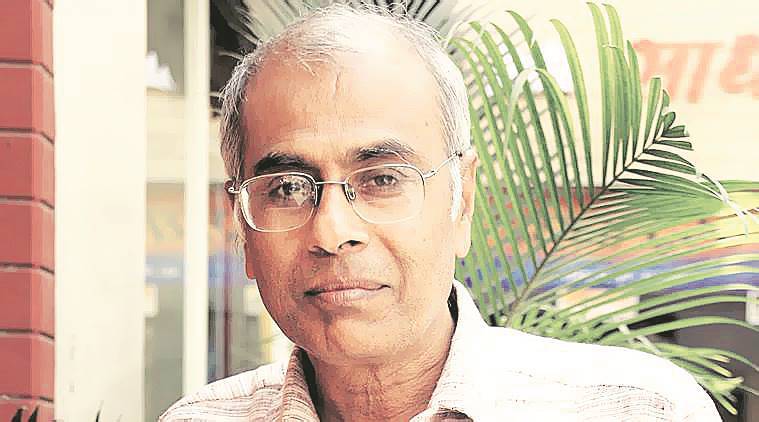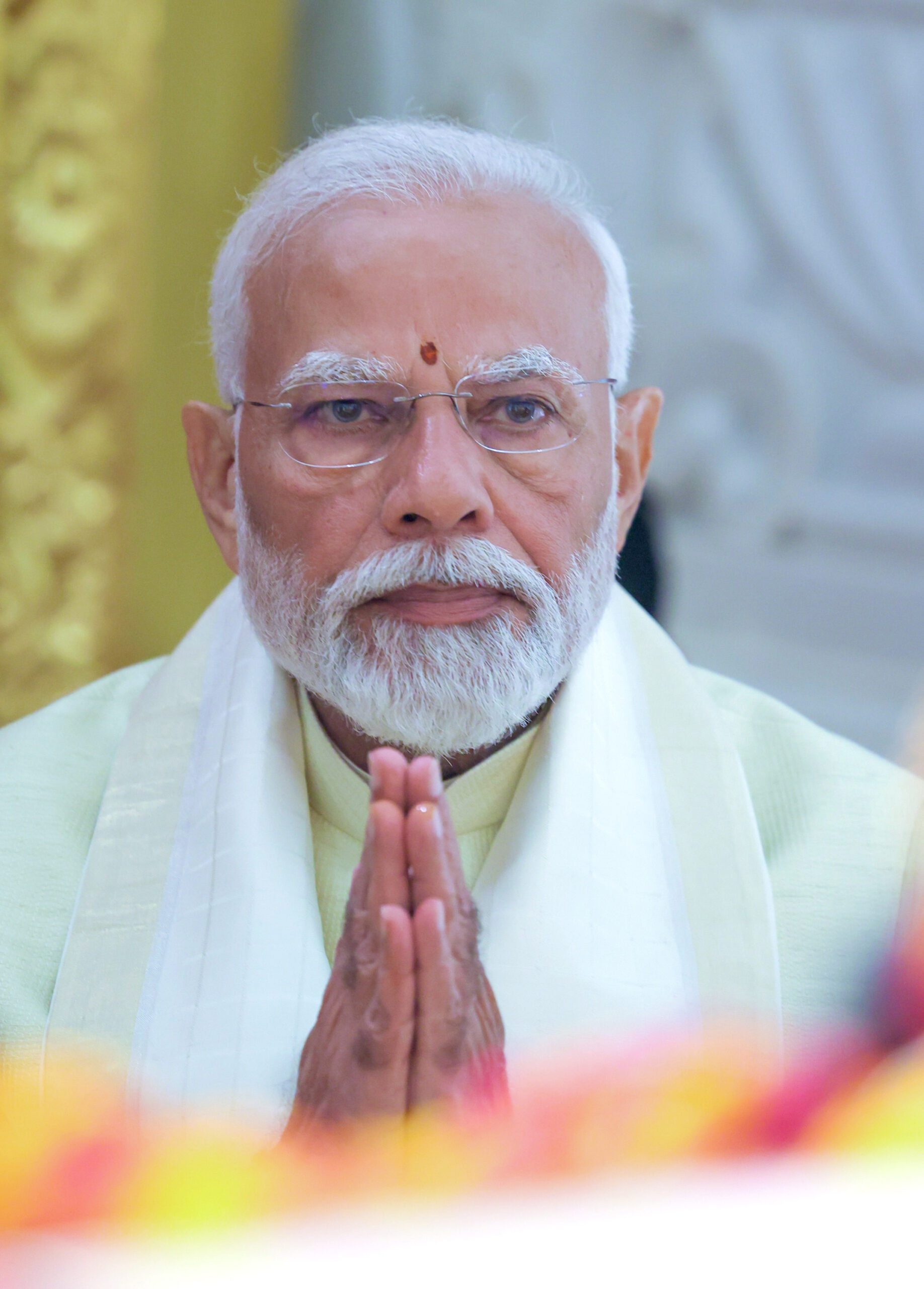
Ballistics experts have said the pistol recovered by the Central Bureau of Investigation (CBI) from Kharegaon creek in the Arabian Sea with the help of Norwegian deep-sea divers in August 2013 is not the weapon used in the murder of rationalist and anti-superstition crusader Narendra Dabholkar in August 2013, as was initially hypothesised, according to people familiar with the matter.
The development is a major setback for the CBI, which spent at least 7.5 crore to recover the weapon from the seabed with the help of anti-terror units from Maharashtra and Karnataka; the recovery was also seen as a major breakthrough in the case.
The agency hired a Dubai-based firm, Envitech Marine Consultants, to find the weapon on March 5 last year, and the firm brought in deep-sea explorers and machinery from Norway, which scoured the creek at Thane for months.
According to a previous claim by the CBI, one of the shooters, Sharad Kalaskar, also an accused in the murder of journalist Gauri Lankesh in Bengaluru in 2017, dismantled four country-made pistols by removing their barrels and sliders and threw them from a bridge in Kharegaon creek in Thane on his way from Pune to Nallasopara on July 23, 2018. The agency suspected that the pistol found by the Norwegian divers was one of Kalaskar’s four.
Ballistics experts at the Central Forensic Science Laboratory (CFSL) have said the pistol recovered from the seabed does not match the markings on the fired bullets (of 7.65mm) and three spent cartridges recovered from the crime scene at Omkareshwar bridge in Shaniwar Peth, Pune, according to the people cited above. According to the agency, Dabholkar was out for a walk on August 20, 2013 when Sachin Andure and Kalaskar shot him at this location.
“It’s a known fact that no two firearms, even of the same make and model, will produce the same markings on a bullet or a cartridge,” a senior official familiar with the expert opinion said. However, bullets fired from the same weapon and cartridges can easily be matched, which is exactly what the forensic experts were attempting to do by cleaning and firing the pistol we had recovered. Regrettably, it did not match.”
Advocate Virendra Ichalkaranjikar, one of the defence lawyers, said: “It could not have matched. What was thrown in the creek were parts of a pistol. So, there was no way that a complete pistol will come out of it.”
The CBI believes Dabholkar’s death is linked to the murders of Lankesh, activist Govind Pansare in Kolhapur on February 16, 2015, and Kannada scholar MM Kalburgi in August 2015. The CBI has filed three chargesheets in the Dabholkar murder case, naming seven people, including the alleged mastermind Virendra Tawade (an ENT surgeon), advocate Sanjeev Punalekar, Vikram Bhave, Sharad Kalaskar, and Sachin Andure.
According to the CBI, Kalaskar visited Punalekar in June 2018 and confessed to his role in the assassination of Dabholkar. Punalekar responded by telling Kalaskar to destroy the firearms used in the killings, according to the agency.
Vikram Bhave was granted bail by the Bombay high court in May, while Punalekar has been out on bail since 2019. The CBI and Maharashtra police recently informed the High Court that trials in the murders of Dabholkar and Pansare can begin, but that their investigation will continue.





